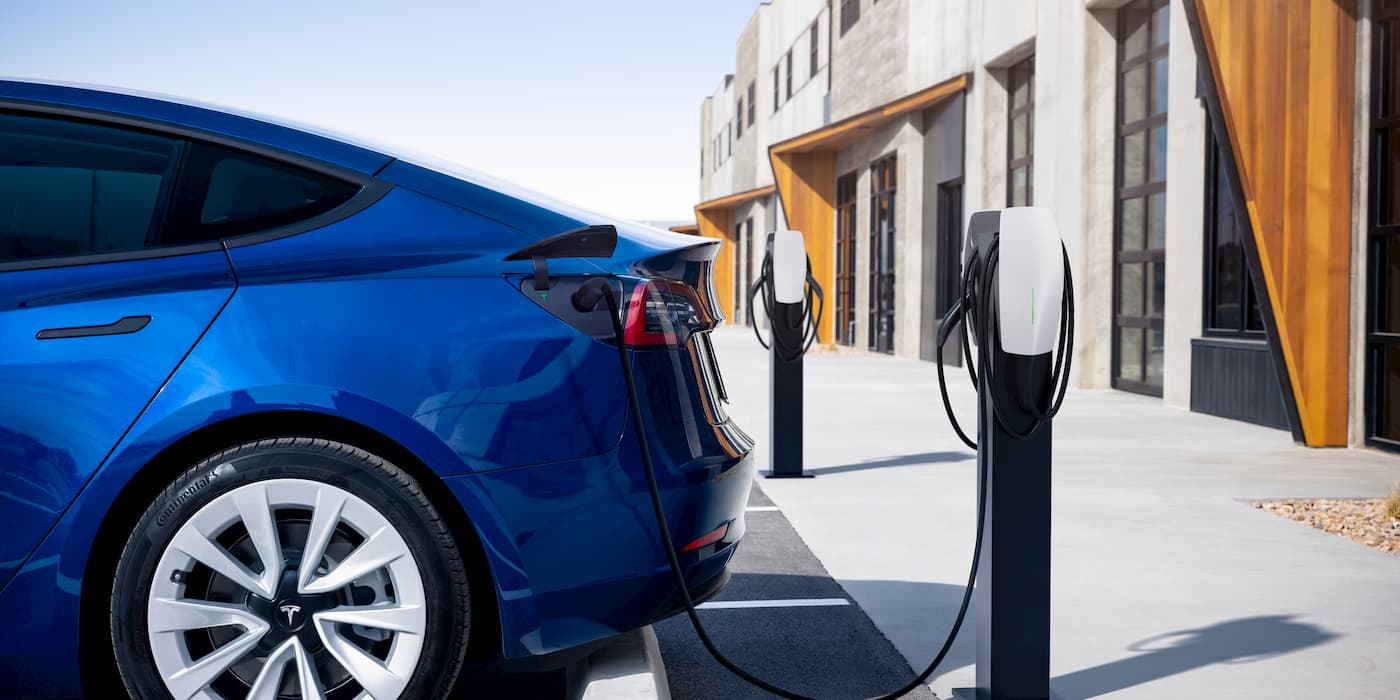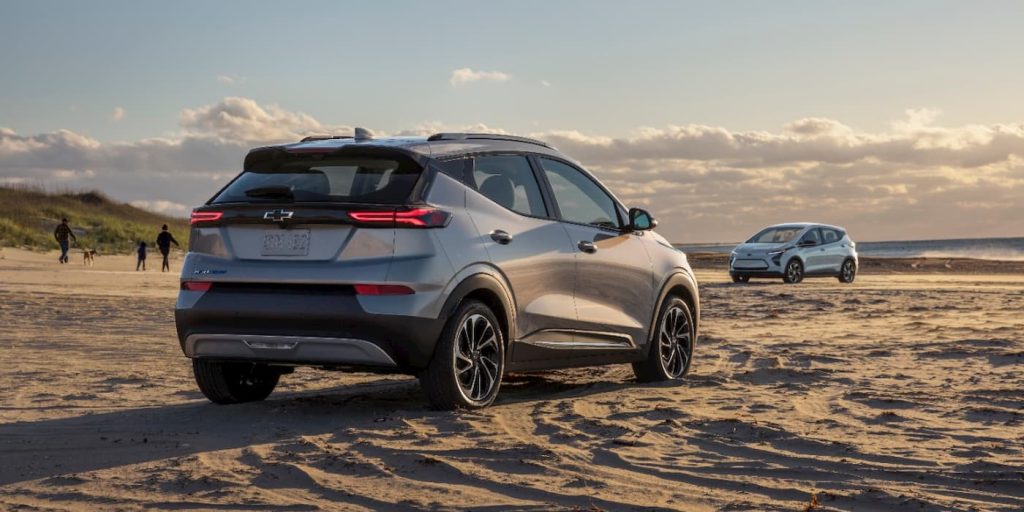
The electric vehicle rollout is gaining momentum as new car shoppers are increasingly switching to EVs, even if their preferred brand is not currently offering any. Ford, GM, and Hyundai’s new electric vehicles are winning over Toyota and Honda gas-car buyers, while Tesla continues establishing itself as a top automaker.
Yesterday we reported on the recent S&P Global Mobility data suggesting new electric vehicles are taking market share from Tesla.
And that is true, but it’s also misleading. Tesla was a pioneer in the US electric vehicle market, controlling nearly 100% at one point. As automakers race to fill the expanding pool of drivers looking to switch to electric vehicles, a loss in market share is inevitable.
The latest data shows Tesla still controls 65% of the market through the first nine months of 2022. Of the 525,000 new electric vehicles registered in the United States this year, almost 340,000 were Tesla models.
Tesla’s growth has helped the United States cross 6% EV market share this past quarter, up from just 2.2% in 2021, as new car buyers are increasingly switching from gas to zero-emission electric vehicles.
However, Tesla is one of many companies with their sights on the US EV market now. Ford, GM, Hyundai, and others have successfully introduced their own electric models that are enticing buyers to convert.
Meanwhile, those who have been slow to introduce fully electric options, like Toyota and Honda, are losing faithful buyers as drivers are embracing pure EVs over their gas-powered counterparts.

Electric vehicles are winning over traditional gas buyers
The S&P Global Mobility data shows a glaring consumer preference change trending toward electric vehicles.
Although this is good news for those early to introduce electric vehicles, it’s costing two of the largest companies on some of their most popular models. Take a look at which electric vehicles customers are trading their gas cars in for.
| Electric vehicles consumers are buying | Gas cars they are trading in |
| Tesla Model Y | Lexus RX Honda CR-V Toyota RAV4 Honda Odyssey Honda Accord |
| Tesla Model 3 | Honda Civic Honda Accord Toyota Camry Toyota RAV4 Honda CR-V |
| Ford Mustang Mach-E | Toyota RAV4 Honda CR-V Jeep Wrangler |
| Chevrolet Bolt EV or EUV | ToyotaRAV4 Honda CR-V Toyota Prius |
| Hyundai IONIQ5 | Toyota RAV4 Honda CR-V Mazda CX-5 Subaru Forester |
Do you see a trend here? Tesla, Ford, Chevrolet (GM), and Hyundai have all aggressively invested resources toward advancing fully electric vehicles.
Top comment by Les Inanchy
I think initially word of mouth will be the main way people decide on purchasing EVs.
In our neighborhood, we see so many places where one family will get an EV, and before long their neighbor will have one or somebody two or three houses down the street will have one. There’s even one house where they have 4 Teslas in the driveway. That is an extreme case but there are a number of houses where there are two Teslas in the driveway. Nothing like driving an EV to convince you how much better they are.
Meanwhile, the brands customers are switching from have been slow to make the transition. Japanese automakers Toyota and Honda are seeing their customers leave to test other brands that have successfully introduced pure EV models.
Ford announced Wednesday it produced its 150,000th Mustang Mach-E as it looks to achieve a 2 million EV run rate by 2026. Other automakers are achieving similar milestones as they look to close the gap Tesla has established. Most importantly, the EV competition is doing what it was designed to do – convert drivers to zero-emission, fully electric vehicles.
Electrek’s Take
Drivers are increasingly trading in their top-selling gas-powered vehicles for new advanced EV models. Although as consumer preference continues trending toward electric vehicles, these models are bound to lose some faithful buyers, the data reveal an important point – car buyers are ready and willing to make the switch even if their favorite brands (Toyota, Honda) are not quite there yet.
Which electric vehicle will you purchase next?
FTC: We use income earning auto affiliate links. More.



Comments